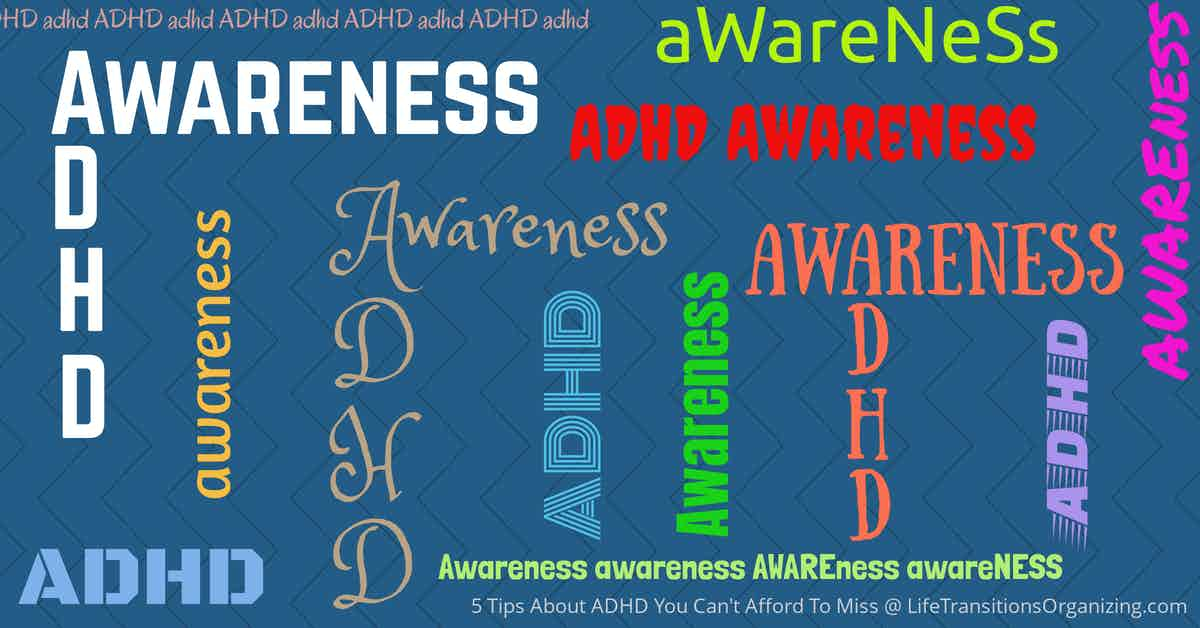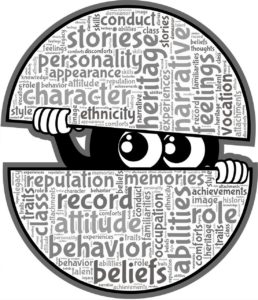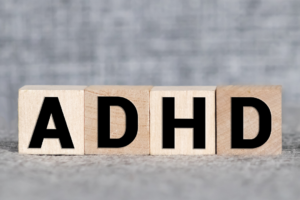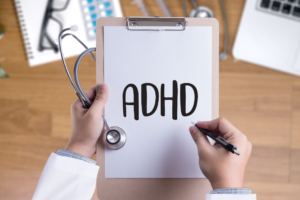
5 Tips About ADHD You Can’t Afford To Miss
Do you wish you could find what you need when you need it? (stuff, papers, notes, etc.) Disorganization reeks havoc in our lives regardless of the reason. If you have a diagnosis of Attention Deficit Hyperactivity Disorder (ADHD), your disorganization may be very challenging.
A brief overview of ADHD:
- It’s a complex brain-based condition that impacts various areas of life.
- Adults, as well as children, can be diagnosed with ADHD. It affects both females and males.
- It involves limitations in the Executive Functions (EFs). Since EFs help us manage the complexity of life, shortfalls in EFs negatively impact sense of time, memory, self-activation, emotional self-control, hindsight, and forethought.
- Any ADHD symptom must be persistent, pervasive, and impairing.
- There are three presentations: inattentive, hyperactive/impulsive, and combined. People can “move between” these different types.
- ADHD should only be diagnosed by a qualified professional.
Here are useful strategies to increase organization and productivity for your ADHD brain.
#1 Demystify ADHD.
There’s tons of information available about ADHD and you want it to be accurate. This includes knowledge of each of the features of ADHD listed above and how they “show-up” in your life, because it’s different for everyone.
#2 Discover You. 
Self-knowledge is key to creating a life that fits you. This awareness includes recognizing:
- your strengths and challenges
- how you process information most effectively
- your values and needs
- your dreams and passions
- self-care strategies
- your assumptions, perspectives, and self-talk
It’s essential to develop awareness of when you need to pause. Your attention may shift at the wrong time: you’re working on a task when an email from a friend pops up. It’s more exciting to connect with the friend, so all thoughts of the task disappear. It’s important for someone with ADHD to identify choices at the moment of a new stimulus. So when working on the task, consider the consequences of switching from the task to the email, and then make a more informed choice. A brief pause can be very powerful…albeit not easy!
#3 Decide Support.
Creating a support team is a large part of successful ADHD management. In addition to your diagnostician and physician, you may want to include an ADHD coach, an organizer trained to work with people who have ADHD, and a counselor.
You’ll work with these professionals on a periodic basis as specific needs arise. Reasons you may need support personnel include establishing routines and an optimal physical environment. Assistance creating individualized strategies and methods of collaboration or delegation may be helpful. An objective accountability partner is very useful.
#4 Determine Treatment.
Regardless of your perceptions about ADHD medication, before it is ruled out, it’s important to have the facts. Besides understanding how it improves some of the challenges associate with ADHD, you’ll want to inquire about:
- Stimulants vs. Non-Stimulants
- Families of medicine: for instance, there are two main groups of stimulants-amphetamines and methylphenidates
- Brand name vs. generic
- Length of effect: short, intermediate or long lasting
- Delivery system: pills, liquids, and patches may be available depending on the medicine
- Type of delivery: continuous release vs. pulse delivery
Remember: just because the label says “x”, “x” may not be true for you. For instance, 12-hour doses may or may not really last 12-hours for you. Work with an informed doctor and don’t be afraid to make adjustments until you find what works best for you.
Not everyone chooses to use medication as part of their ADHD management strategy. It is a very personal choice.
#5 Define Lifestyle.
While everyone benefits from the right quality and quantity of sleep, exercise, and healthy food, these are even more important in managing ADHD traits.
 It’s easy to get hyper-focused on an activity and not get to sleep at a decent hour. It’s just as simple to ignore the alarm because of a lack of excitement in your daily schedule. However, the ability to complete complex tasks is related to your energy cycles. If you are too tired, your highest energy may be difficult to reach or sustain.
It’s easy to get hyper-focused on an activity and not get to sleep at a decent hour. It’s just as simple to ignore the alarm because of a lack of excitement in your daily schedule. However, the ability to complete complex tasks is related to your energy cycles. If you are too tired, your highest energy may be difficult to reach or sustain.
Hyperfocus can also disrupts a person’s intention to get exercise or eat healthy. You plan to go to the gym but you get involved in something else and when you check the time, you need to leave for an appointment. You want to prepare a good dinner but you need to “just finish this one task” and all of the sudden you need to be somewhere, so you stop for fast food on the way.
The two keys to consistent healthy living: make it easy and make it fun!
Find all of this information overwhelming? Don’t just ignore it altogether. Pick one facet of one area and get curious about how a small change in this one element could bring positive change in your life.
Still not sure where to start, I’m a Life Transitions Organizer Coach who has extensive training and experience in working with clients impacted by ADHD. It would be a privilege to be part of your support team. Contact me to find out if we’d be a good match.
Tag:ADD, ADHD, anxiety, autoimmune disease, brain based disorders, depression, diagnosis, EF, hyperfocus, life transitions, Life Transitions Organizing, Life Transitions Resources, life-disrupting situation, productivity and organizing professional, professional organizer, TBI, Transition Success Program


